Russia is grappling with one of its worst domestic fuel shortages in recent years as sustained Ukrainian drone strikes on oil refineries and energy infrastructure push its gasoline and diesel supplies to breaking point.
The attacks, which have increased over this summer, have created severe knock-on effects, from empty gas stations and rationing across Russian regions to spiralling wholesale prices and growing pressure on Russia’s economy.
Crimea has been hit especially hard, with reports of widespread closures of filling stations and skyrocketing prices.
How Ukraine is targeting Russia’s oil heartland
Since the beginning of August this year, Ukraine has escalated its campaign to target Russia’s vast oil production and refining network.
Kyiv has deployed long-range drones to strike strategic energy facilities, reaching further into Russian territory than at any point since the war began.
According to figures cited by the Financial Times, at least 16 of Russia’s 38 oil refineries have been hit during this period, some of them repeatedly. These include some of the country’s largest and most critical facilities.
Among the most significant targets was the massive 340,000-barrel-per-day refinery in Ryazan, located near Moscow.
Other key refineries struck in recent weeks include major plants in Saratov, Novokuibyshevsk, Volgograd, and Bashkortostan.
On September 18, Ukrainian drones managed to penetrate deep into central Russia to hit the Gazprom Neftekhim Salavat oil refinery and petrochemical plant in Bashkortostan, about 1,400 kilometres from the Ukrainian border.
Ukraine’s SBU security service claimed responsibility for the attack, stating that it struck the heart of the facility and caused a “strong fire.”
That same day, a second strike targeted one of Russia’s largest refineries in Volgograd, nearly 1,000 kilometres south of Moscow.
Two days later, Ukraine launched additional strikes that damaged refineries in Saratov and Novokuibyshevsk.
These attacks represent a significant expansion of Ukraine’s ability to hit targets deep inside Russian territory.
Previously, strikes were largely limited to areas closer to the border. Ukrainian officials and independent analysts confirmed that several of the facilities targeted in September were more than 1,000 kilometres away from Ukrainian-controlled areas.
Ukrainian President Volodymyr Zelenskyy has framed these strikes as an essential part of Ukraine’s strategy to disrupt Russia’s war machine.
Earlier this month, he spoke about the impact of the operations, stating, “The most effective sanctions — the ones that work the fastest — are the fires at Russia’s oil refineries, its terminals, oil depots.”
Zelenskyy has also confirmed that Ukraine is increasing production of long-range drones to sustain and expand these attacks.
“Once the number of drones matches the Russians’, they will feel the fuel shortage and loss,” he told reporters. “We already see this increasingly. More drones are reaching targets.”
How Russian refining capacity and exports have been disrupted
Research group Energy Aspects estimates that the Ukrainian attacks have disrupted over 1 million barrels per day of Russia’s refining capacity.
This scale of disruption is unprecedented since the early stages of the conflict and has already started to show in export data.
Tracking firms OilX and Vortexa project that Russia’s diesel exports for September this year will fall to their lowest monthly levels since 2020.
Diesel, a vital fuel for both Russia’s domestic economy and its export revenues, is especially important for the country’s agricultural sector and for certain segments of its military.
While tanks and some military vehicles rely on diesel, others, such as those used for transporting wounded soldiers, require gasoline — a fuel that is now in especially short supply domestically.
Russia is the second-largest diesel exporter in the world. Traditionally, about half of its diesel exports go to Turkey, with other significant markets in West Africa, North Africa, and Brazil.
Since the European Union and United Kingdom no longer directly import Russian diesel due to sanctions, these alternative markets have become even more crucial to Moscow’s energy revenues.
With Russian exports falling sharply, Turkey has turned to other suppliers such as India and Saudi Arabia to meet its needs.
This shift has driven diesel premiums sharply higher, with prices climbing to about $25 to $30 per barrel above the cost of Brent crude — the highest level since the summer, when regional instability pushed oil prices to a 15-month peak.
How Kremlin has imposed sweeping export bans to protect domestic supply
Facing growing internal shortages, Russia has been forced to take drastic steps to conserve fuel for domestic use.
In March, Moscow first introduced restrictions on certain gasoline exports. By July, these measures were expanded to cover all major gasoline producers. Despite these actions, domestic shortages continued to deepen.
On Thursday, Russian Deputy Prime Minister Alexander Novak announced a significant escalation of these policies.
“In the near future, we will extend the ban on gasoline exports until the end of the year, and a ban on diesel fuel exports by non-producers will also be introduced until the end of the year,” Novak said in comments reported by state media.
Novak acknowledged that there was “indeed a slight shortage of petroleum products,” but argued that the situation was being managed through the use of accumulated reserves.
However, he admitted that balancing supplies for September and October would be “difficult.”
This latest round of restrictions marks the most comprehensive attempt yet by Moscow to stabilise its domestic market.
By curbing exports, Russia hopes to redirect supplies toward its internal needs, particularly as the winter heating season approaches and agricultural demand remains high.
Diesel alone represents a major source of income, and restricting sales abroad will have fiscal consequences at a time when Moscow is already under heavy financial strain from war-related expenditures and international sanctions.
How Crimea is at the centre of the fuel crisis
Among all regions affected by the shortages, occupied Crimea has emerged as the most severely impacted.
The peninsula, annexed by Russia in 2014, has seen its fuel supply collapse over the past several weeks. According to Kommersant, around 50 per cent of gas stations in Crimea and the city of Sevastopol have halted sales due to lack of fuel.
Data compiled from monitoring more than 17,000 gas stations across Russia indicates that shortages are widespread but particularly acute in Crimea and parts of the Southern Federal District, which Russia claims includes the occupied peninsula.
Between July 28 and September 22, the number of operating gas stations nationwide fell by 2.6 percent.
In some areas, such as Rostov Oblast, the Mari El Republic, and the Jewish Autonomous Oblast, the decline reached as high as 14 per cent.
Local authorities in Crimea have admitted the severity of the problem. Sergei Aksyonov, the Kremlin-backed head of the region, addressed residents in a video message, stating that some oil refineries were “physically not functioning,” which was contributing to the crisis.
He urged patience, describing the shortages as “an unavoidable situation being caused by objective factors.”
Aksyonov promised that AI-95 grade gasoline would be delivered to stations within two days and that lower-octane AI-92 supplies would return within two weeks. However, on-the-ground reports suggest that the situation remains volatile.
The Crimean Wind Telegram channel reported that Sevastopol had completely run out of gasoline on Wednesday. When two tankers finally arrived at a local station, they were emptied within hours as long lines of vehicles formed.
In occupied Crimea, people wait for hours in line for gasoline. Fuel is so scarce that even tiny deliveries to gas stations feel like a celebration. Yet the "gas station country" still insists everything is just fine. pic.twitter.com/AMAR7yTnQB
— WarTranslated (@wartranslated) September 25, 2025
The domestic fuel shortage has triggered a sharp rise in wholesale prices.
On Thursday, the cost of AI-92 gasoline — one of Russia’s most commonly used fuel grades — reached an unprecedented 79,788 rubles per tonne, equivalent to about $952. This marks a dramatic increase of more than 40 percent since January this year.
How Russia’s fuel crisis is impacting global markets
Reduced diesel exports are impacting global markets, prompting countries like Turkey to diversify their supply sources.
Rising diesel premiums are affecting shipping, agriculture, and transportation costs worldwide, with potential knock-on effects for global inflation.
Ukraine, meanwhile, is leveraging the success of its strikes to push for stronger international measures against Russia.
Zelenskyy is expected to meet with US President Donald Trump during the ongoing UN General Assembly, where he plans to advocate for tougher sanctions on Moscow’s energy sector.
Zelenskyy has argued that cutting Russia’s oil revenues would directly weaken its capacity to sustain the war.
Trump has repeatedly pressed European countries to reduce their dependence on Russian energy, indicating that future US actions may depend on Europe’s willingness to make deeper cuts.
At the same time, Russia has boosted its own military campaign. In late August, a massive assault damaged numerous buildings in Kyiv, including the EU mission and British Council offices.
More recently, Russian drones breached the airspace of numerous Nato member nations triggering consultations under Nato’s Article 4.
With inputs from agencies


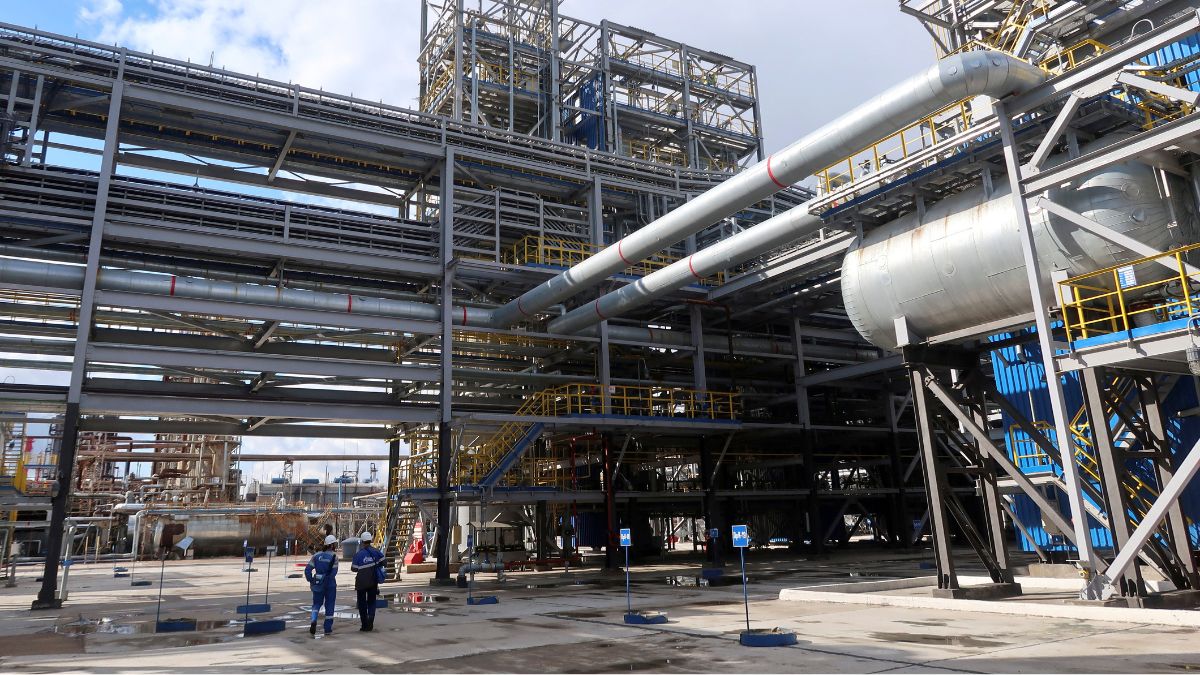)
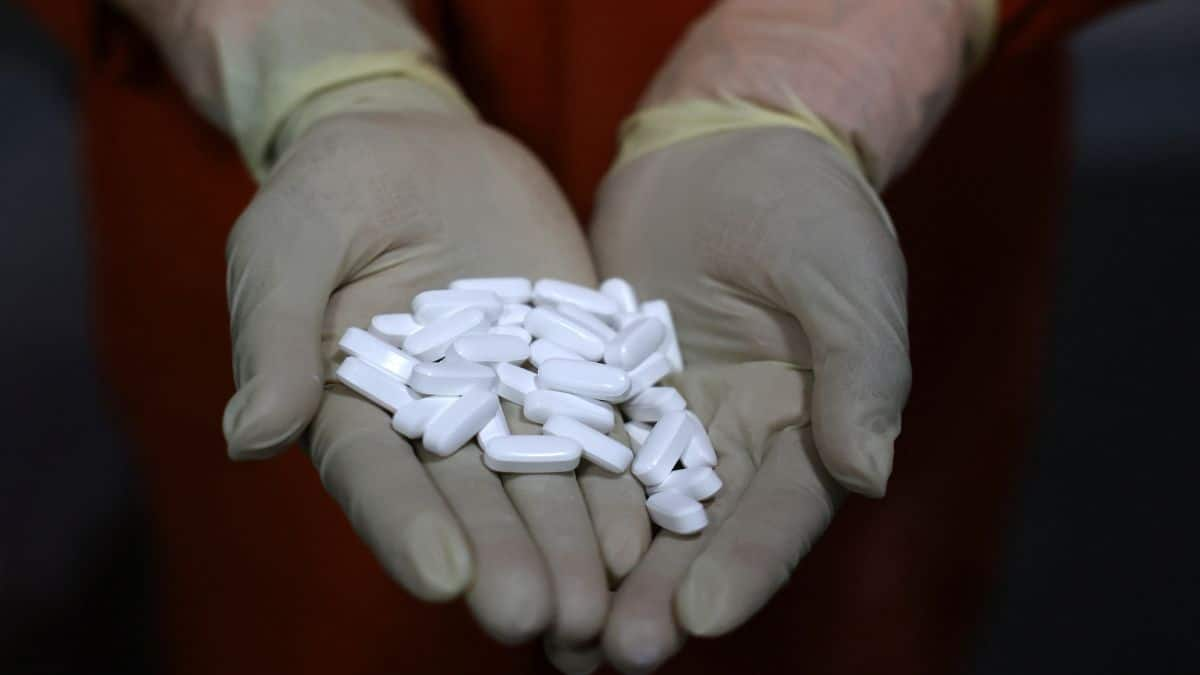
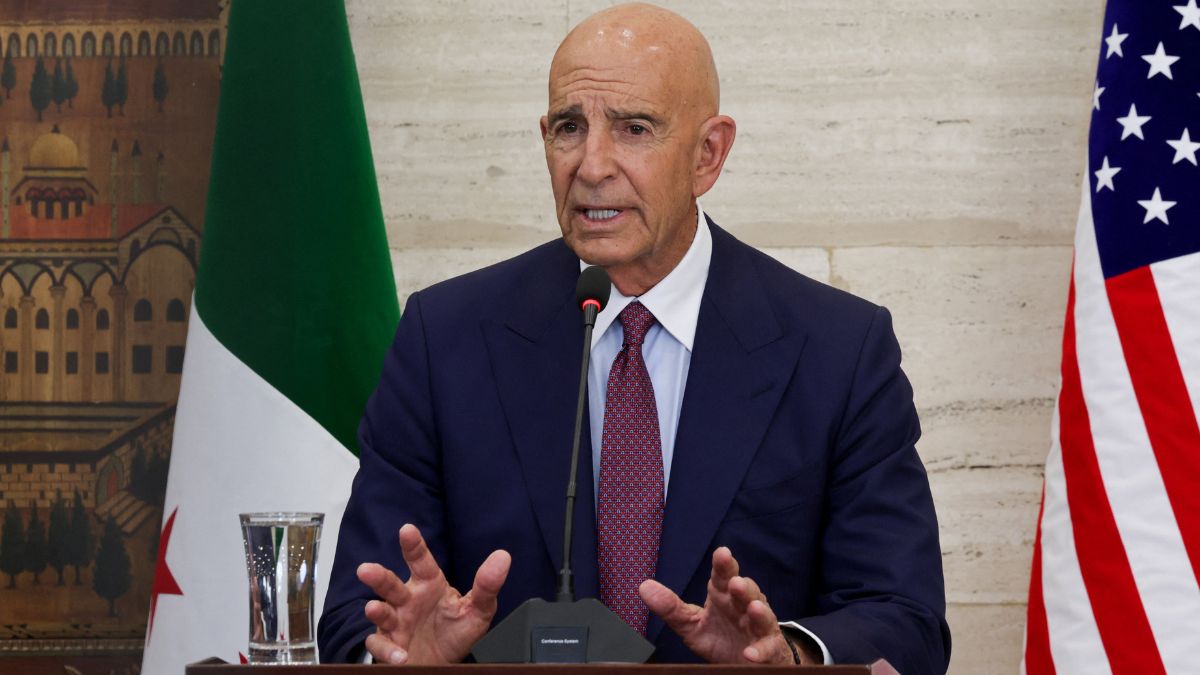)
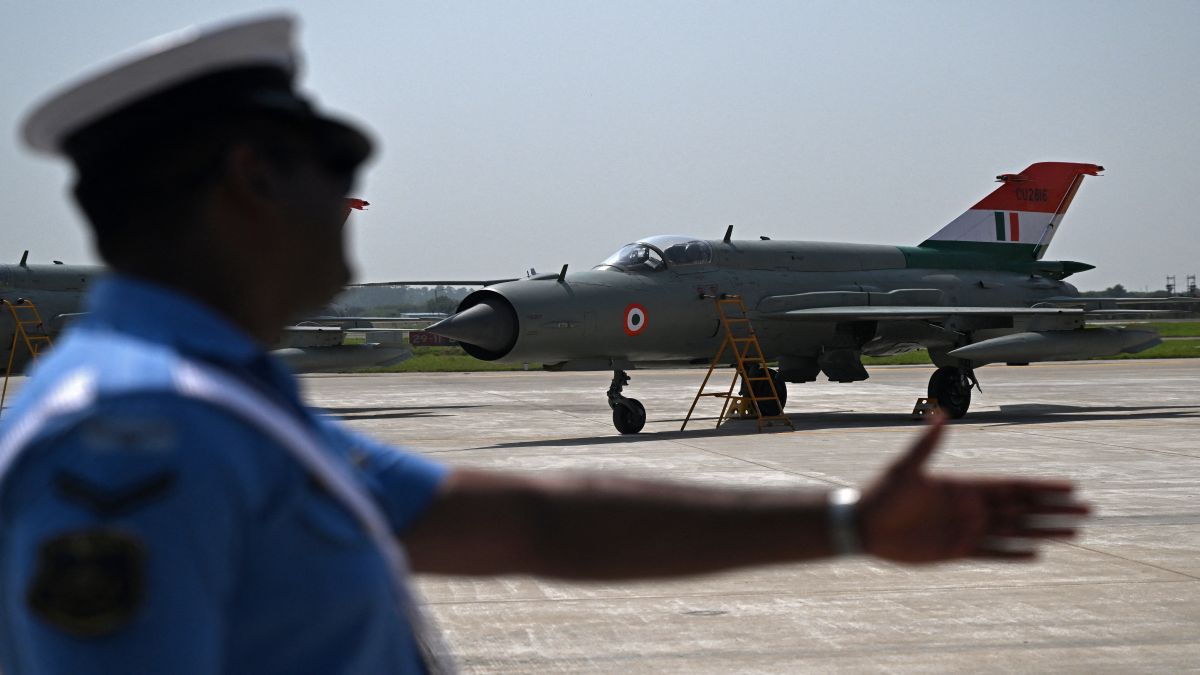)
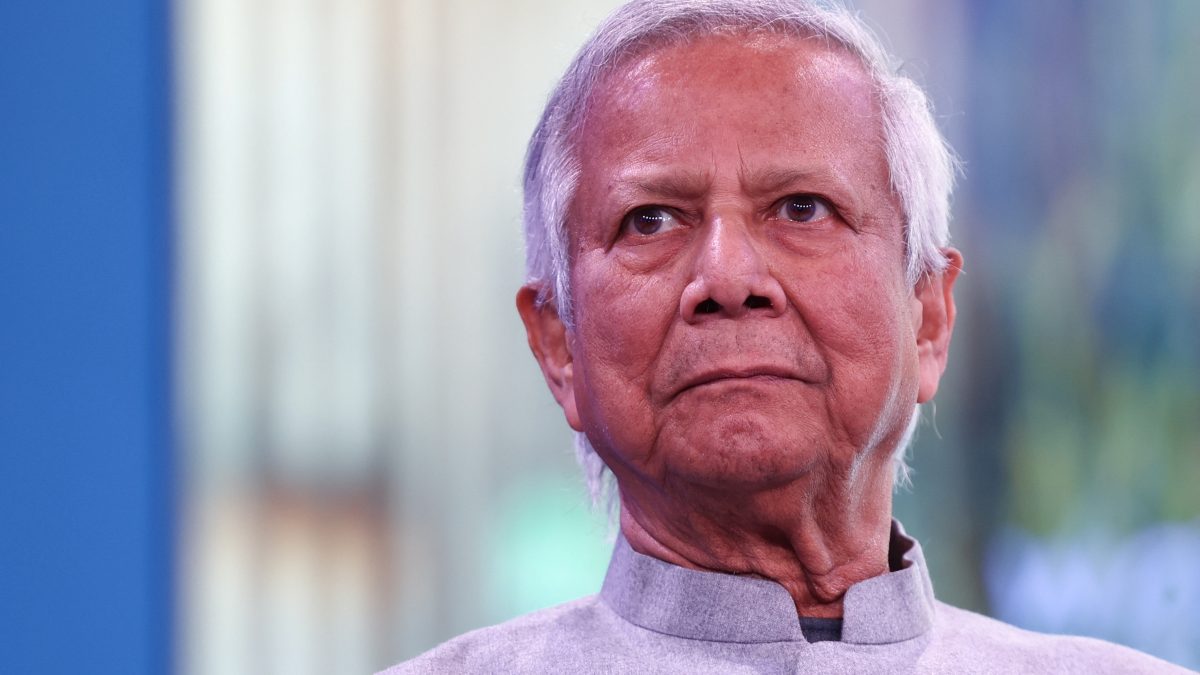)
)
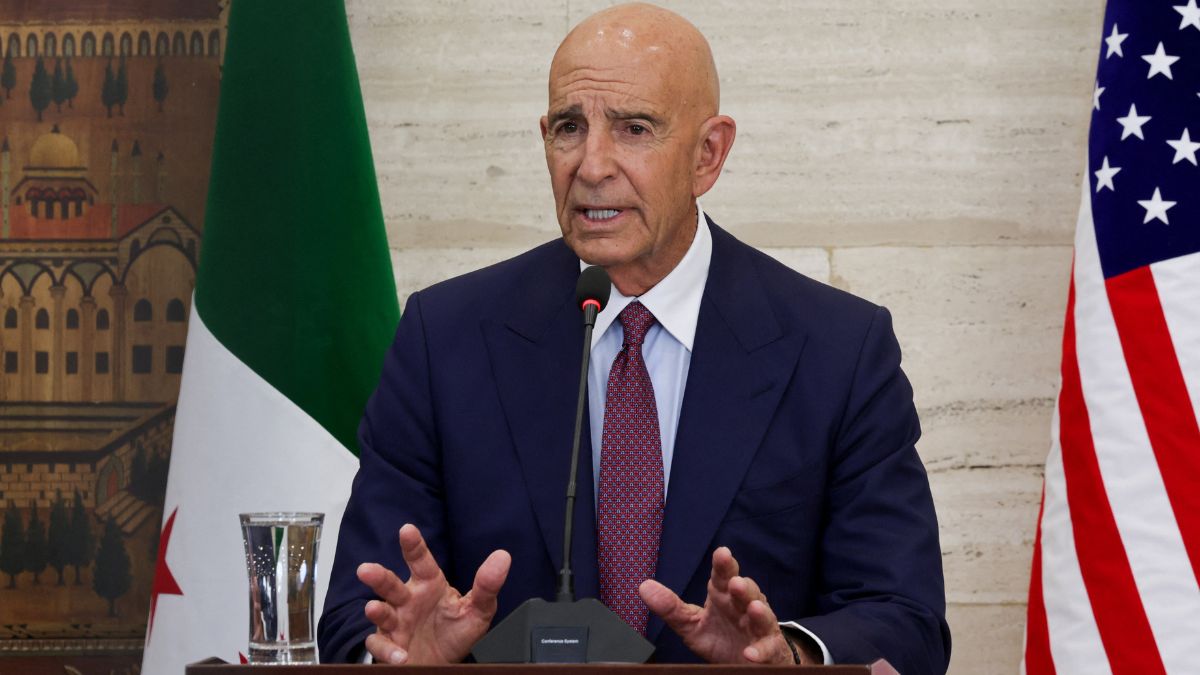)
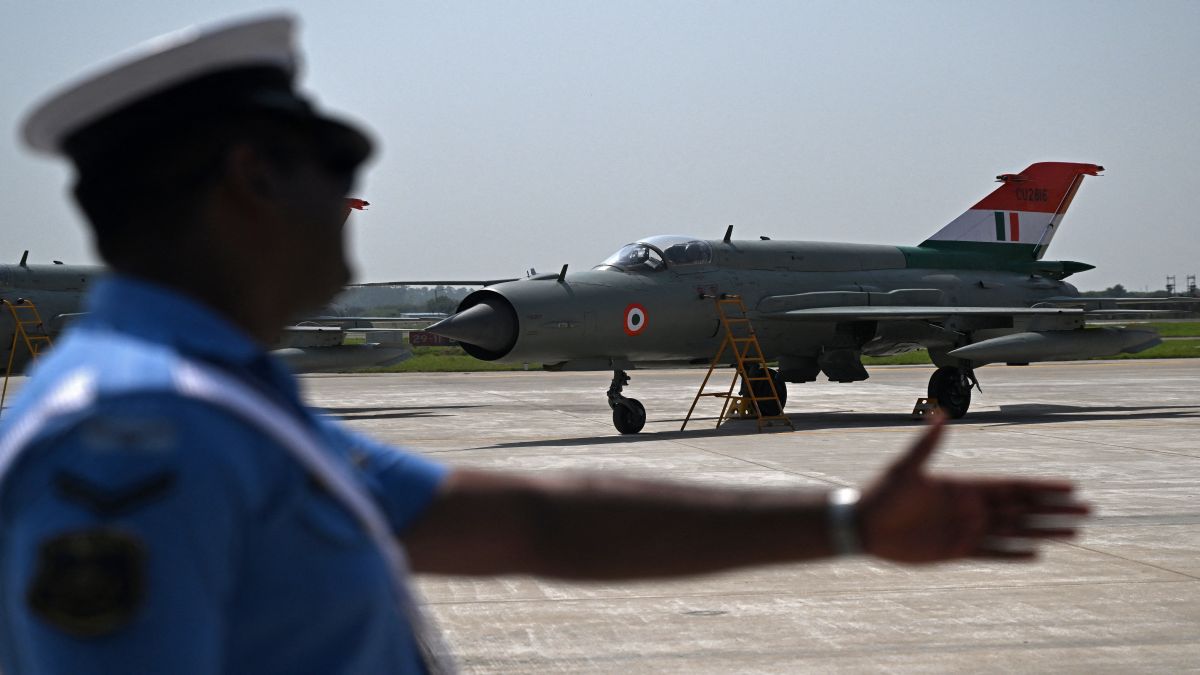)
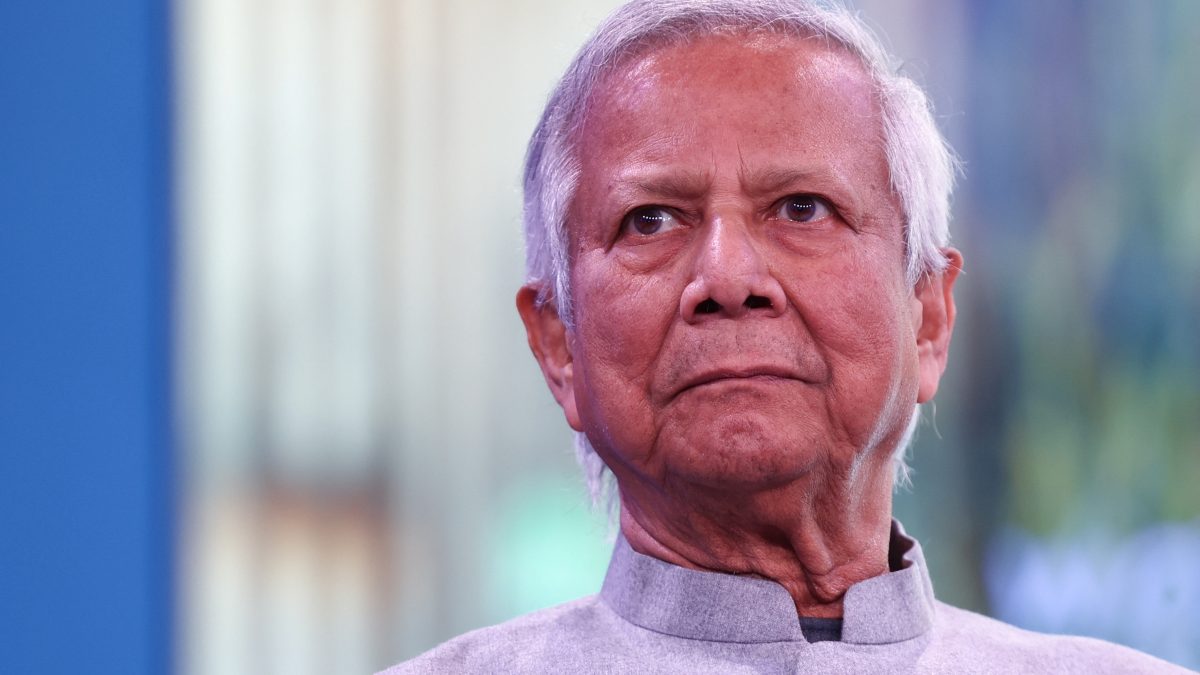)
)



